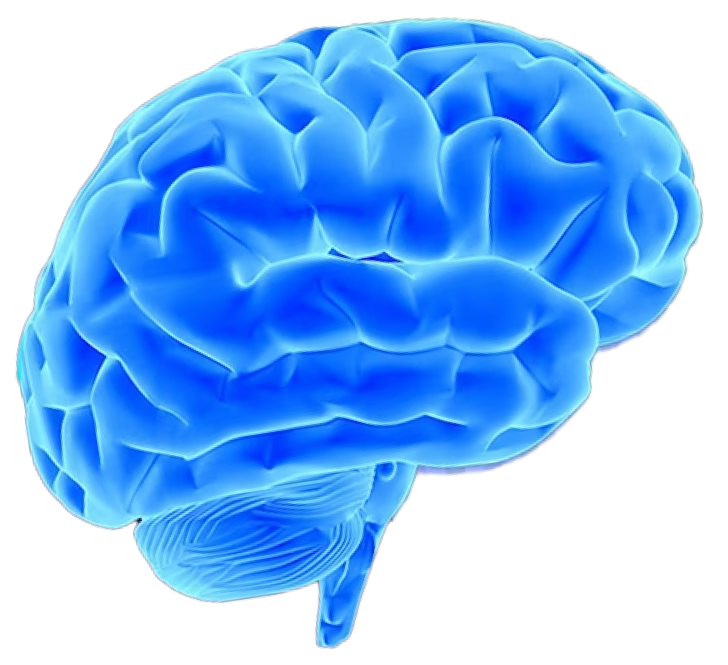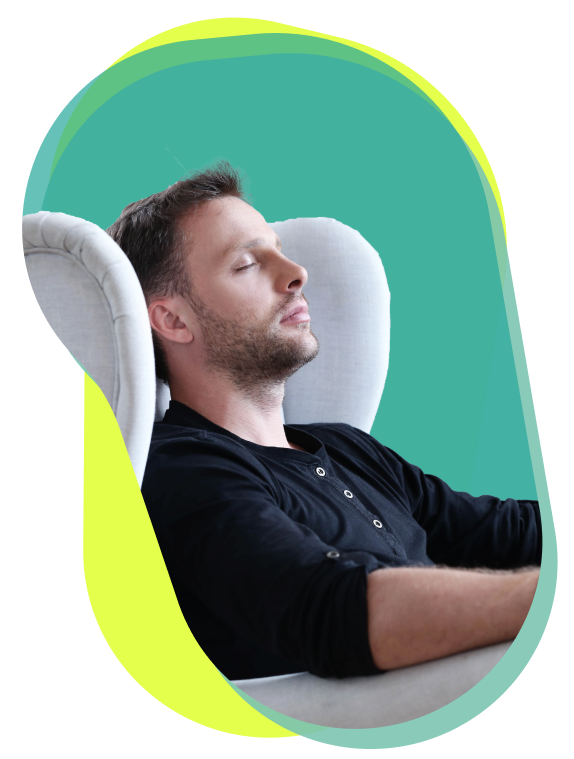
Hypnosisa methodthat works!

With Hypnoledge, hypnosis becomes the driving force behind improved and optimized language learning.
Whether your motivations are professional, travel-related or simply stem from an attraction to foreign culture, learning languages can be a real headache.
Why? Because this learning affects not only memorization but also unconscious barriers linked to self-confidence.
Doubtful?
Discover on this page the scientific evidence relating to the effectiveness of hypnosis and the method to finally take the plunge and boost your language level.
Consciousness
The basis of all our analysis and the various studies that we will discuss on this page are based on the notion of consciousness.

What is consciousness?
As a human being, you receive and process internal and external information that you associate with your knowledge, your feelings, your culture, your emotional sphere, your history.
Consciousness is therefore a means of capturing information.
There are several types of consciousness but two are of particular interest to us:
(Vanhaudenhuyse et al. 2014):
- Self-awareness: focused on our thoughts, our internal life, our imagination
- Awareness of the environment: focused on our perceptions, our environment and the information that comes from it (Laureys, 2015).

We talk about hypnosis as an altered state of consciousness, but what is the relationship between consciousness and hypnosis?
Popular beliefs make life difficult for hypnosis and in particular on the fact that hypnosis is synonymous with a state of unconsciousness. This false prejudice contributes to fueling a feeling of apprehension and we will therefore work to defuse it:
How do you know someone is conscious? (criteria retained and used for the evaluation of patients in the Glasgow Coma Scale (GCS))
- The subject is awake (can be verified by opening the eyes for example)
- The subject is aware of his environment (he can carry out an action on simple command or verbalize for example)
Therefore, in hypnosis: the ability to act, to verbalize, to keep our eyes open are indicators that show that we are always conscious!
However, hypnosis acts to narrow the field of what enters consciousness.
The goal being that the information that enters is necessary for the task in progress and in your case, learning a course of languages.
Now that we have seen the benefit of modifying the state of consciousness, you are inevitably curious to know more about hypnosis.
Hypnosis will allow us to modify consciousness and direct attention towards something other than current reality.
It allows us to neglect the rest of the external stimuli (noises... ) or internal (thoughts...).
So you are more focused on the task at hand (and ready to learn new languages).
More formally, hypnosis is defined as “an altered state of consciousness where suggestions can modify the usual orientation of reality” (Ludwig, 1996).
Hypnosis

Is everyone hypnotizable?
You are now convinced, hypnosis is a tool that is both pleasant and useful.
Do you doubt your abilities to enter a state of hypnosis?
Don't panic, we've thought of you.
Hypnotizability is the individual's ability to experience what is suggested to them on a physical or psychological level for example (Rousseaux et al., 2020), in other words it is the ability to be easily induced into a hypnotic state.
Above all, it should be remembered that hypnosis is a natural state that we all experience: during certain life experiences, conflicting, boring, stressful or during cognitive overload. For example, we can automatically put ourselves in a hypnotic state and direct our attention, our perceptions on something else, we become indifferent to what is happening outside (Musselec and Bernard, 2013).
This state is commonly called “common hypnosis”.
Hypnosis results in brain and behavioral changes (Iani et al., 2009) which may be more or less obvious.

But then, what makes us more or less sensitive to hypnosis?
- Your age: All children would be highly hypnotizable
- Anatomical differences (Horton et al., 2014)
- Neurochemical differences and in particular the concentration of GABA (DeSousa et al., 2021)
- Your beliefs: our beliefs, our attitudes, our expectations about hypnosis, our abilities to fantasize, to think, to absorb suggestions, to create a relationship of trust with the hypnotist (Barbe, 1985)
Ultimately, whether you are highly hypnotizable or not, you are receptive to hypnosis and therefore capable of using it as a tool.

Now that this truth is established, what effects can we expect from the superpowers of hypnosis?
- Hypnotic induction allows in particular to modify perceptions, sensations, thoughts but also behaviors (self-confidence, apprehension of the gaze of others, etc.)
- Hypnosis makes it possible to modulate the activity of certain regions of the brain (Hoeft et al., 2012)
- The increase in task management capacity and somatic monitoring (Jiang et al., 2017).
- The deactivation of the resting network under hypnosis because of an increase in cognitive activity and therefore involvement in a task.
Hypnosis and Learning

To what extent can hypnosis optimize the learning of a foreign language?
Learning a foreign language is closely linked to cognitive and affective factors (Arnold,2006).
As early as the 18th century, authors advocated the use of hypnosis to improve learning (Mohl, 2018).
Indeed, hypnosis is recognized as an optimizer of learning: it acts on the cognitive and emotional sphere. It allows the activation of attentional circuits and “relaxation” (Bioy, 2012).
Concretely, if you are in a state of hypnosis, you will be able to:
- Optimizing your reading comprehension (Wark, 2011)
- Increase your academic performance (Wark, 2011; De Vos and Louw, 2011)
- Boost your attention skills necessary for learning
- Increase your capacity for control and inhibition, also necessary for learning since we are constantly subject to a flow of information in our external or internal environment (Iani et al., 2009; Raz et al., 2005: stroop effect).
- Reduce mental agitation: hypnosis will allow “detachment from internal mental processes such as mental wandering and self-reflection“ (Jiang et al., 2017)
- Self-confidence / self-esteem (to add, find the refs in the doc)

Did you think the Hypnoledge method stopped there?
- Revision system: the same concepts will be worked on over time through various exercises, in a regular and progressive manner.
- This method allows information to be consolidated, reactivated and better memorized (Gay and Bressoud, 2019; Brown et al., 2007; Baddeley and Longman, 1978).
- Reward system: if the reward circuit is activated, this leads to the release of dopamine, influencing the orbito-frontal cortex and allowing increased attentional control and improvement in attentional abilities (Schultz et al., 2007).
A method recognized by the CNRS!
Hypnoledge has also been recognized as a learning tool by the Research Ethics Committee (CER) Tours-Poitiers under the reference CER-TP 2022-02-02.
The method has proven not only its effectiveness but has also proven to be a driving force in accelerating learning:
“The main lessons of the experiment show that the method is effective for learning languages to the extent that all participants improved their level.”
“We can note that regardless of the criteria and learning conditions, after 4 months spent on the platform, all the participants in the three groups saw their English test scores improve significantly (average of 2.9 points more for the three groups).”
The participants who spent the most time on the platform are those who progressed the most: “A result which confirms the contribution of the platform is the significant correlation between the total time spent on the platform and the final scores on the tests. 'English'...” Which suggests that progress on the tests depends on the time spent on the platform.”
Test the method, trust us!

